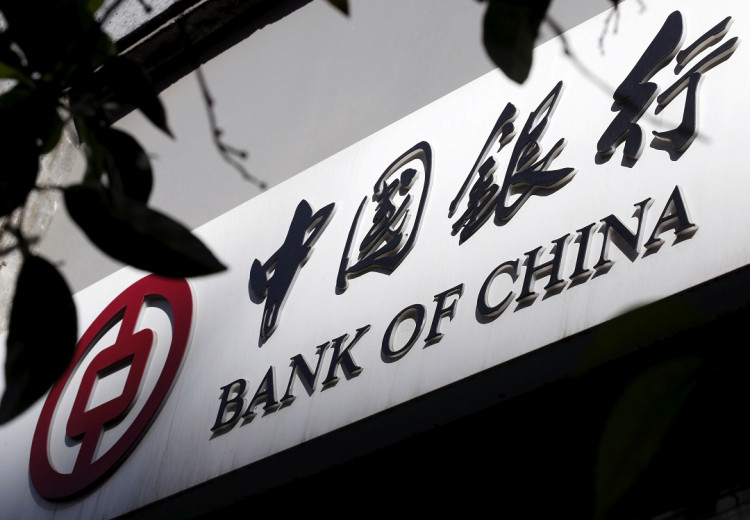China's prominent banks are strategically reassessing their relationships with smaller lenders amid a deepening property crisis. Sources with direct knowledge of the matter revealed that major state-owned and joint-stock banks have heightened their scrutiny of smaller institutions' asset quality over the past few months, identifying those with a heightened risk of default, according to Reuters.
As part of this cautious shift, the leading banks have opted to recalibrate interbank lending limits and adopt shorter maturity periods for loans to high-risk smaller banks. This move reflects a growing apprehension about the fragility of these smaller entities in the face of an escalating property sector downturn and mounting local government debt.
Smaller lenders, which have traditionally relied on borrowing from other banks to raise funds, are finding themselves in a precarious position. They represent a significant portion of the interbank lending market, with mid-sized and smaller banks accounting for roughly half of its trading volume. However, the tightening of lending standards by larger banks could exacerbate their capital challenges, potentially leading to a scenario where more state intervention is necessary to maintain financial stability.
One insider from a leading joint-stock bank revealed that their institution had ceased purchasing bonds issued by smaller banks with total assets below $40 billion. This new approach of bigger banks, while aimed at mitigating their exposure to risk, is expected to have far-reaching implications for the liquidity and operational viability of smaller lenders.
The People's Bank of China and the National Financial Regulatory Administration have yet to comment on these developments. However, local authorities have previously taken steps to support the banking system by selling special bonds to inject capital into struggling small regional lenders. Such measures underscore the importance of smaller banks in the financial ecosystem and the potential systemic risk they pose if a significant number were to fail.
The interest rates on negotiable certificates of deposit, a key fundraising tool for small lenders, have been steadily increasing, indicating a liquidity crunch in the market. The situation is so dire that several small and medium-sized banks have defaulted on commercial paper multiple times over the last year. This trend has included regional lenders like Ningxia Helan Rural Commercial Bank Co. Ltd. and Shaanxi Baoji Weibin Rural Commercial Bank Co. Ltd., highlighting the widespread nature of the issue.
As the economic landscape continues to evolve, the recalibration of lending practices by China's top banks is a clear indication of their intent to fortify against credit risk. However, the broader implications for China's banking sector and the economy remain to be seen, as smaller lenders grapple with the tightening conditions and the potential need for more robust support mechanisms from the government.






